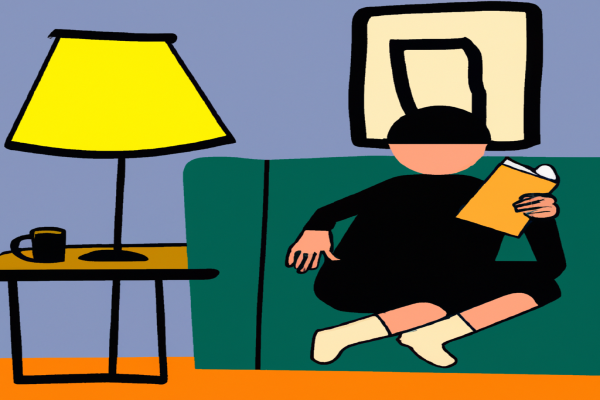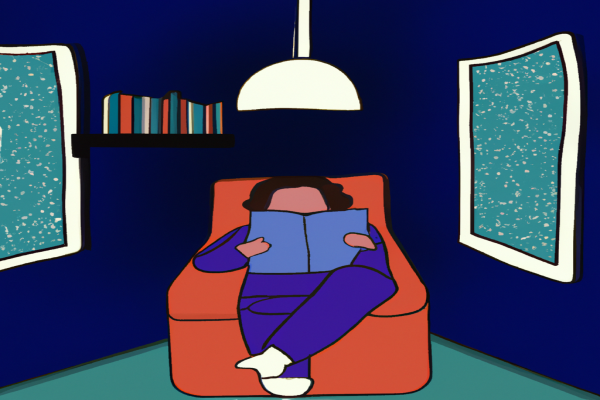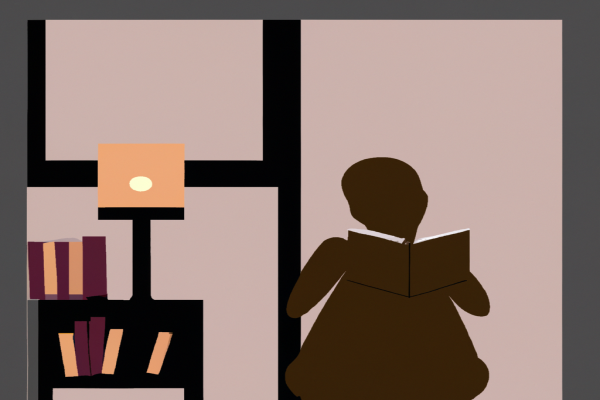The Unbearable Lightness of Being: Summary

The Unbearable Lightness of Being is a philosophical novel by Milan Kundera which follows the lives of four characters in Czechoslovakia during the Prague Spring of 1968. The main character, Tomas, is a surgeon who enjoys multiple relationships with women and avoids any kind of commitment, while his friend Sabina is an artist who loves freedom and has many casual affairs. Meanwhile, Tereza, who has fallen in love with Tomas, follows him to Prague from their small town and struggles to find her place in the city. Finally, Franz is a married intellectual who falls for Sabina and must confront his own feelings about fidelity and mortality. Through these characters, Kundera examines the human condition and our search for meaning in life through themes such as lightness versus heaviness, chance versus fate, and joy versus suffering.
Want to know more?
What is The Unbearable Lightness of Being about?
The Unbearable Lightness of Being is a novel about the complexities of human relationships, love, and life. It explores themes such as freedom and responsibility, the meaning of life, and the nature of commitment. The novel follows the lives of two characters in Czechoslovakia during the Prague Spring of 1968. Through their struggles and choices, they come to understand that life is both light and heavy. They must accept the consequences of their actions and decisions, as well as the fragility of life and relationships. Ultimately, they learn to embrace unpredictability and embrace the idea that life is made up of moments that are both beautiful and unbearable.
The Unbearable Lightness of Being: Book Club Questions
- How does the title of the novel reflect its themes and characters?
- What is the significance of the motifs of lightness and heaviness in the novel?
- How do Tomas and Tereza's views on love differ, and how do these differences affect their relationship?
- How does Kundera use his signature technique of combining narrative with philosophical musings?
- What role does Sabina play in Tomas and Tereza's relationship and how does she challenge them both?
- How does Kundera use humour to explore existential themes throughout the novel?
- What are the political implications of Tomas' affairs and how do they relate to wider issues in Czechoslovakian society at the time?
- To what extent can Tomas be seen as a tragic hero and why?
- In what ways does Franz's story serve as a counterpoint to Tomas' journey?
- What message is Kundera conveying through his exploration of empathy, responsibility and mortality in The Unbearable Lightness of Being?
What to say about The Unbearable Lightness of Being
- The Unbearable Lightness of Being is a powerful illustration of the tension between freedom and responsibility.
- It is an exploration of how our lives are shaped by the decisions we make, and how these decisions can have far-reaching consequences.
- Milan Kundera creates an intriguingly complex story that reflects on the philosophical implications of life's choices.
- The novel offers an insightful critique of the human condition, exploring themes such as love, mortality, and freedom.
- Through a captivating narrative, Kundera paints vivid portraits of his characters' inner struggles and emotions.
- The Unbearable Lightness of Being provides a unique perspective on the idea of fate and its place in our lives.
- By juxtaposing seemingly disparate ideas, Kundera effectively demonstrates the interconnectedness of all things.
- The novel serves as a reminder that life is precious and fleeting, and we must live it with passion and purpose.
- The Unbearable Lightness of Being invites readers to reflect on their own beliefs and values in relation to those presented in the book.
- Overall, Milan Kundera has crafted a thought-provoking and deeply moving work that is sure to leave an impression on all who read it.
Top 5 Quotes from The Unbearable Lightness of Being
- "The only reason people want to be masters of the future is to change the past."
- "Life is the desire for death."
- "Love is the longing for the half of ourselves we have lost."
- "Dignity does not consist in possessing honors, but in deserving them."
- "No one can escape their own individuality; no one can escape being themselves."
Adaptations of The Unbearable Lightness of Being
1. The Unbearable Lightness of Being (film, 1988) 2. Radio adaptation on the BBC World Service (1989) 3. Audio book version released by Audible (2006) 4. Theater adaptation at the San Francisco International Arts Festival (2009) 5. Adaptation for the stage by the Czechoslovak-American Marionette Theatre (2012) 6. Podcast adaptation by The New York Times Magazine (2020)
Other books by Milan Kundera
- Ignorance
- The Joke
- Slowness
- Immortality
- Life is Elsewhere
- Farewell Waltz
- The Book of Laughter and Forgetting
- The Art of the Novel
- The Festival of Insignificance
- Laughable Loves
Did you know?
The Unbearable Lightness of Being was the first novel written by Milan Kundera in his native language of Czech and was later translated into English.




